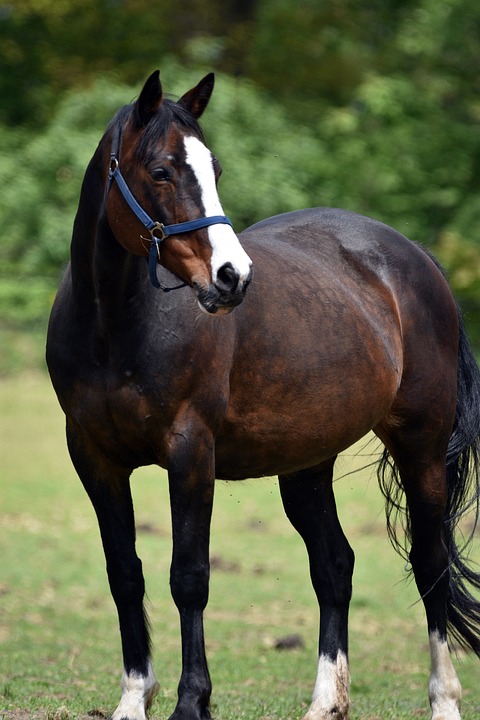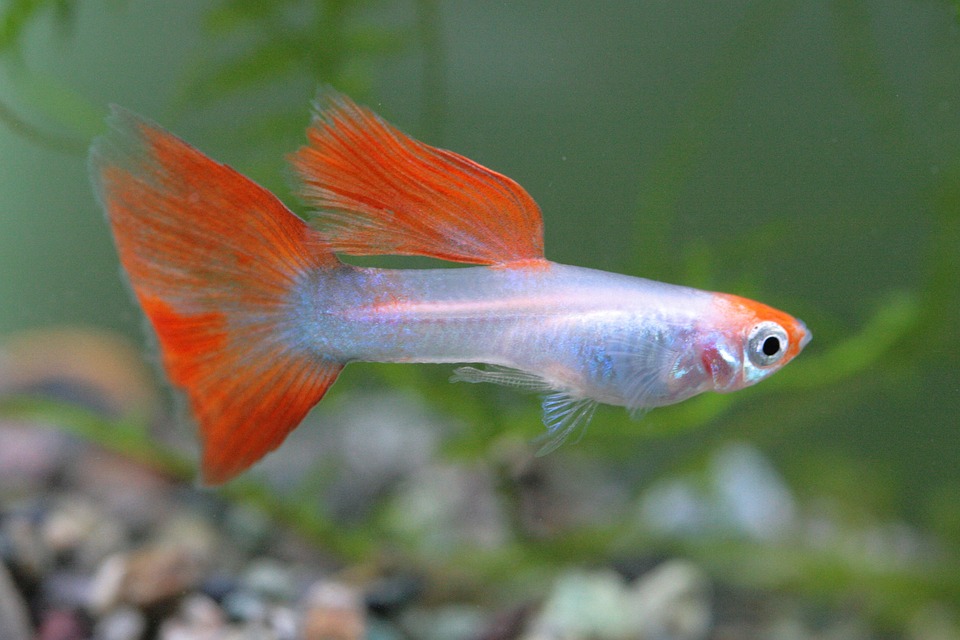As horses from all corners of the world gather for the Olympic Games, Fédération Equestre Internationale (FEI) has taken significant steps to minimize equine infectious disease risks. Anne Couroucé, DVM, PhD, Dipl. ECEIM, veterinary services manager for the Paris 2024 Olympic and Paralympic Games, emphasized the importance of prevention in safeguarding the health of these valuable athletes.
One of the key measures implemented by the FEI is the requirement for mandatory equine influenza vaccinations for all participating horses. Additionally, horses must have had rectal temperature checks twice a day for the three days leading up to their arrival in Versailles. These readings must be recorded in the FEI Horse App to ensure thorough monitoring of each horse’s health status.
Upon arrival at the show grounds, each horse undergoes an immediate veterinary inspection, including an official temperature check, before being allowed to enter the stables. If a horse exhibits a high temperature or signs of neurologic disease, it will be isolated along with any other horses that traveled with it. Testing for equine influenza and equine herpesvirus-1 (EHV-1) will be conducted to prevent the spread of infectious diseases.
Stabling arrangements at the Olympics have been carefully organized by discipline to streamline the management of horses. Eventing horses will be the first to arrive and will be stabled closest to the exit, followed by dressage horses and then show jumping horses. This new approach aims to group horses that arrive and depart at the same time, enhancing biosecurity measures.
Throughout their stay at the stables, each horse’s caretakers are required to take rectal temperatures twice a day and record the readings in the FEI Horse App. Spot temperature checks may also be conducted by FEI veterinary officials at any time to ensure ongoing monitoring of the horses‘ health. Additionally, strict protocols are in place to prevent the spread of equine diseases on the show grounds, including restrictions on sharing equipment and limited access to the stables.
In the event of any changes in a horse’s health status, such as an increase in temperature or nasal discharge, FEI veterinary officials must be notified immediately. Sick horses and those exposed to them will be quarantined in isolation stables on site, and testing for viruses will be conducted. The FEI general secretary retains the authority to cancel equestrian events if necessary to protect the health and welfare of the horses.
Overall, the FEI’s comprehensive biosecurity measures at the Olympic Games in Versailles aim to minimize the risk of equine infectious diseases and ensure the well-being of all participating horses. By implementing strict protocols, monitoring health status closely, and responding promptly to any changes, the FEI is committed to maintaining a safe and healthy environment for these elite equine athletes.





